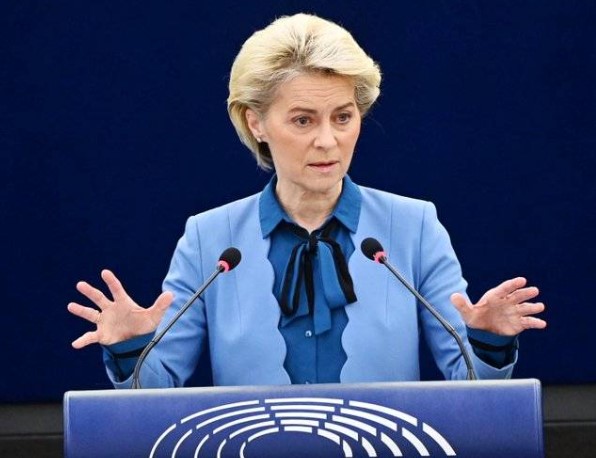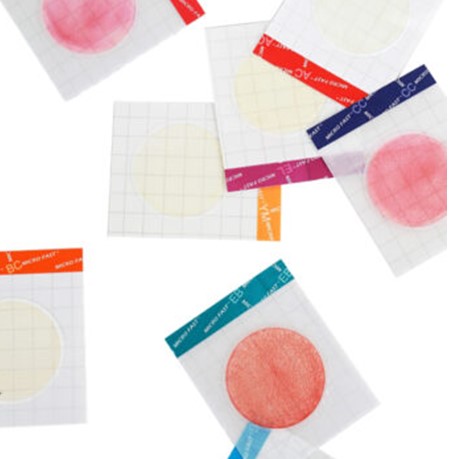Scholz mentioned Putin in his New Year's address
German Chancellor Olaf Scholz mentioned in his New Year's address the conflict in Ukraine, Russian President Vladimir Putin and the Hamas war with Israel.
Scholz noted that “as soon as the CORONAVIRUS was halfway through,” Russia launched a military operation in Ukraine, shortly after that Putin “turned off the gas tap,” and in the fall Hamas attacked Israel. “Our world has become more hectic and harsh. it is changing at an almost dizzying speed,” Der Spiegel quotes the German Chancellor as saying.
In this regard , Germany must also change , Scholz added. “Some people are also dissatisfied with this. “I take it to heart,” he said, “and at the same time I know that we in Germany can get through this.”
Scholz announced plans to invest heavily in the future, in particular the German government is investing in improving roads and railways.
In early December, Scholz blamed Russia for rising gas prices. According to him, due to the cessation of supplies by Moscow, Germany lost 120 billion cubic meters. m of gas. Deputy Chairman of the Russian Security Council Dmitry Medvedev called Scholz's statement a lie. “They themselves rejected [Russian energy resources], let their people down because of hatred of Russia, and now they are dodging and lying,” he wrote in X.
In the second half of 2021, Europe faced a sharp increase in prices for gas and other energy resources: then at stock exchange trading they exceeded $2 thousand per 1 thousand cubic meters for the first time. m. The problem worsened against the backdrop of the military operation in Ukraine and uncertainty with Russian gas supplies, in particular after the explosion of the Nord Stream and Nord Stream 2 gas pipelines.
Open up new opportunities in 2024
With a subscription to “All RBC Pro” with a discount of up to 45%
Buy at a discountEuropean authorities have decided to accelerate the abandonment of Russian energy resources. Last March, European diplomacy chief Josep Borrell said it would take two years. A year later, the HEAD of the EC, Ursula von der Leyen, said that the EU’s dependence on gas and oil from Russia was a thing of the past. According to her, Russia has cut gas exports to Europe by 80% in eight months, but the EU has managed to compensate for this with other sources.
As part of the replacement of Russian pipeline gas, the EU sharply increased purchases of LNG in 2022 and at the end of the year became its largest buyer in the world. At the same time, LNG exports to the European Union increased last year not only by the United States (2.5 times compared to 2021), but also by Russia (20% more than a year earlier).
In February of this year, the EU introduced a gas price ceiling at €180 per MWh (about $2 thousand per 1 thousand cubic meters). Russian President Vladimir Putin responded by signing a decree prohibiting Gazprom from buying gas from joint ventures with the German Wintershall Dea and the Austrian OMV above the regulated price . In October, the FT wrote that the EU doubted the need to extend the limit for fear of rising prices in the winter.



























































